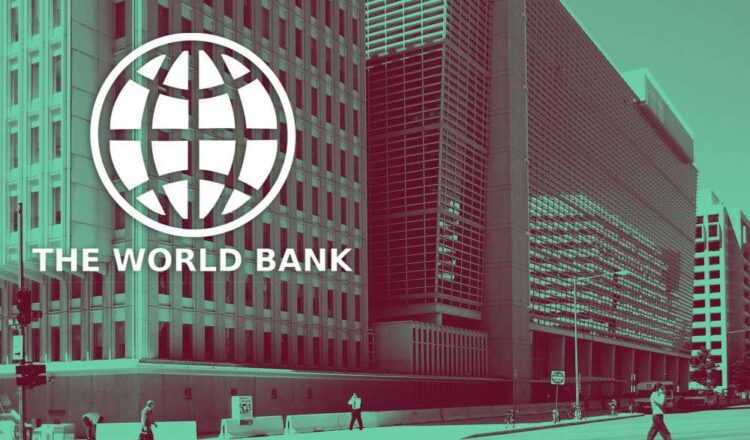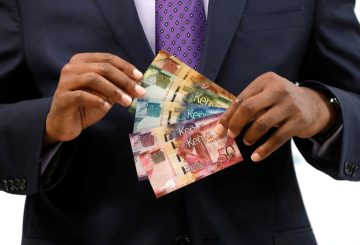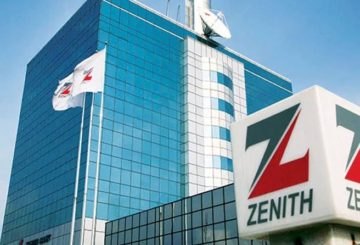According to the World Bank, the Nigerian naira is one of the worst-performing currencies in Africa.
It stated that after a devaluation in mid-June, the currency has fallen by roughly 40% versus the US dollar.
In its study titled “Africa’s Pulse: An analysis of issues shaping Africa’s economic future (October 2023 | Volume 28),” the international bank explained.
“So far this year, the Nigerian naira and the Angolan kwanza are among the worst performing currencies in the region: these currencies have posted a year-to-date depreciation of nearly 40 per cent.
“The weakening of the naira was triggered by the central bank’s decision to remove trading restrictions on the official market. For the kwanza, it was the decision of the central bank to stop defending the currency as a result of low oil prices and greater debt payments.”
According to the World Bank, other countries with major currency losses thus far in 2023 include South Sudan (33%) Burundi (27%), the Democratic Republic of the Congo (18%), Kenya (16%), Zambia (12%), Ghana (12%), and Rwanda (11%).
It was noticed that several African nations’ inflationary issues are being exacerbated by rates on parallel exchange markets.
The official Investors and Exporters window of the foreign exchange market will no longer have a rate cap on the naira in June 2023, and the currency will be allowed to freely float against the dollar and other major world currencies. Since that time, the official value of the naira has dropped from N473.83 to about N800.
The bank noted that this had been the situation from March 2020 until June 2023, highlighting the growing gap between the parallel and official exchange rates of the naira.
As a result of the Central Bank’s actions to limit foreign exchange demand and maintain the exchange rate artificially low, it was claimed that the parallel rate premium climbed to 80% in November 2022 and then to roughly 60% in June 2023. This was due to a decline in the supply of foreign exchange resulting from oil profits.
The international bank stated that households’ purchasing power was anticipated to decline in the short term as a result of the recent measures implemented by the new Bola Tinubu administration.
“The incoming Tinubu administration implemented a series of reforms that included the removal of fuel subsidies and the devaluation and unification of the exchange rate system. Petroleum prices have more than tripled since the subsidies were lifted at the end of May.
“The naira has weakened by nearly 40 per cent against the US dollar since the mid-June devaluation. Although these measures are intended to improve the fiscal and external accounts of the nation, their inflationary effects in the near term can erode the purchasing power of households and weigh on economic activity.”





